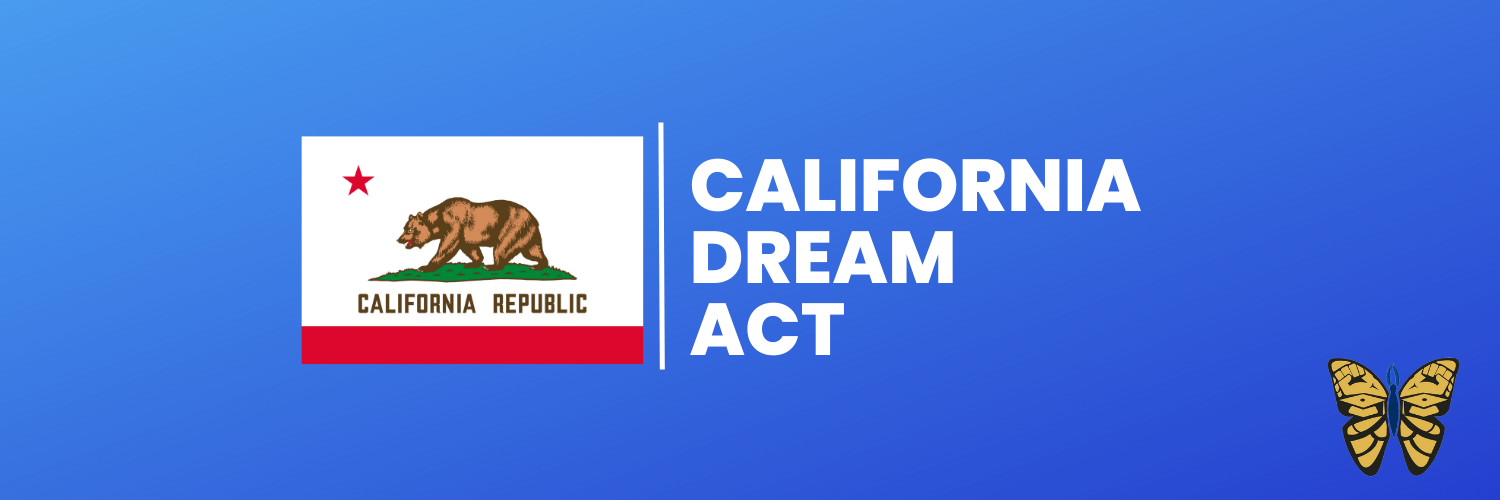
Overview & Eligibility
The California Dream Act (CADAA) enables undocumented and certain nonresident students who meet eligibility criteria to access California state financial aid programs — including Cal Grants, institutional grants, university scholarships, and community college fee waivers — just like resident students attending public colleges and universities.
To qualify for most programs, students must meet the AB 540 Nonresident Tuition Exemption requirements and be ineligible for federal financial aid (FAFSA). Minimum GPA and income limits apply for some grants.
2025–26 Application Deadlines
- Priority Deadline: April 2, 2025 — now passed. Students who missed this date can still apply, but may not qualify for certain state-funded programs such as Cal Grant A or B Entitlement awards.
- Final Deadline: June 30, 2026 — the CADAA remains open until the end of the academic year for late applicants and verification updates.
- Community college students may have extended local deadlines; contact your financial aid office for campus-specific aid opportunities.
- The CADAA now uses the new Student Aid Index (SAI) instead of the Expected Family Contribution (EFC), aligning with FAFSA modernization efforts for 2025–26.
You can complete or update your CADAA anytime at dream.csac.ca.gov.
How to Apply
- Complete the California Dream Act Application (CADAA) each academic year, even if you submitted one previously.
- Ask your high school or college to send your GPA Verification Form to the California Student Aid Commission (CSAC).
- Upload or provide income and household information; for mixed-status families, use individual income estimates as required.
- Check your email and CSAC portal frequently for missing documentation or verification notices.
Need assistance? Visit the UC Merced Office of Financial Aid or connect with the Monarch Center for one-on-one help.
Important Notes
- Late applicants may still receive campus-based grants or scholarships depending on available funding.
- Your information is protected by state privacy laws — CADAA data is not shared with federal immigration agencies.
- Students must reapply every year to continue receiving aid.
- Submitting both FAFSA and CADAA may delay processing — only complete the one for which you are eligible.
Blue & Gold Opportunity Plan
The Blue & Gold Opportunity Plan ensures that eligible California residents (including AB 540 students) with family incomes under $80,000 per year will have their systemwide UC tuition fully covered by grants and scholarships.
Questions? Contact the Monarch Center – Services for Undocumented Students
Email: undoc@ucmerced.edu




